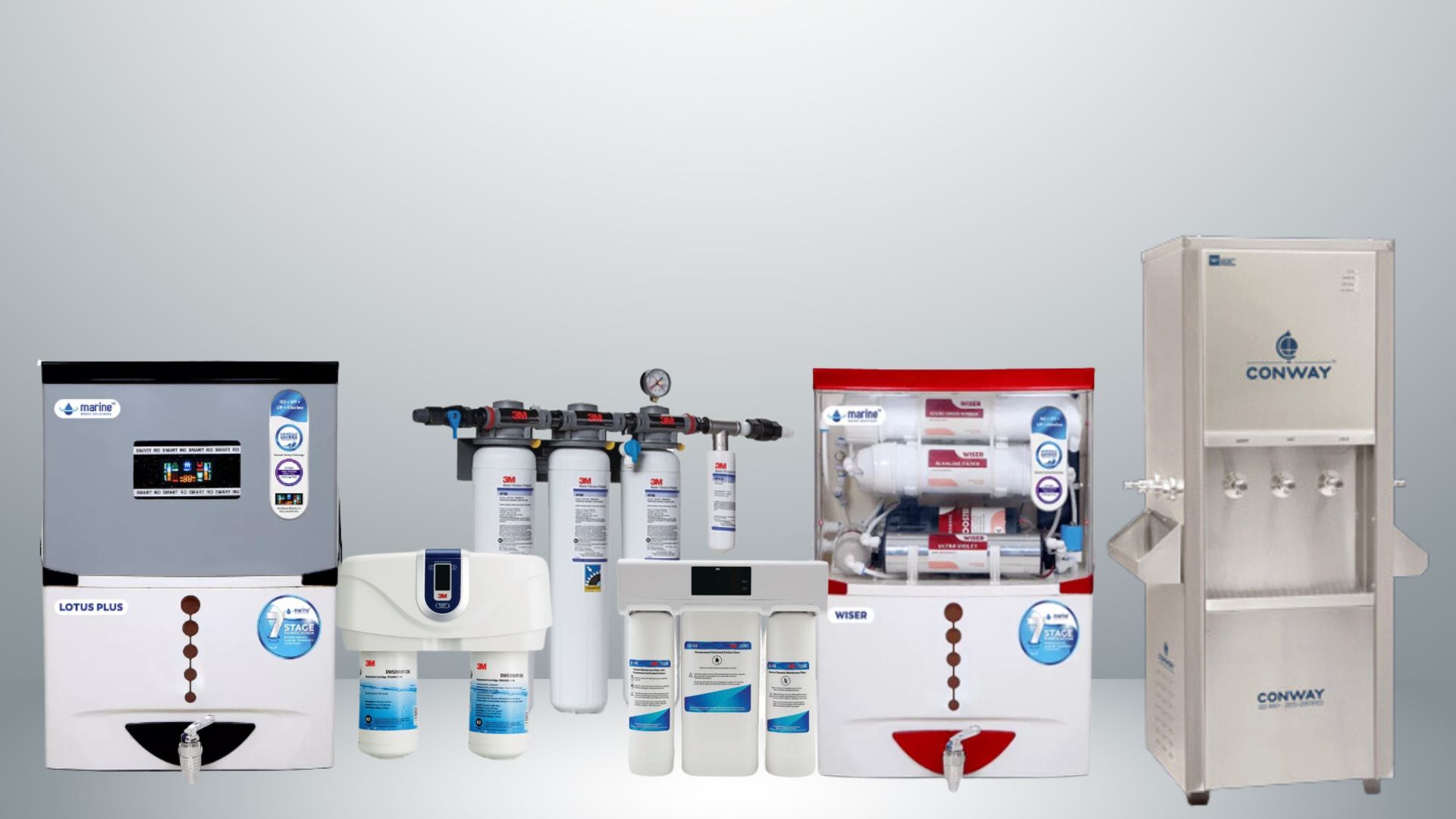Drinking Water System
Impurities in Drinking Water
Impurities in Drinking Water refer to any undesirable substances present in the water that could pose a potential health risk to those who consume it. These impurities can include bacteria, viruses, chemicals, heavy metals, pesticides, and other contaminants. Even small amounts of these impurities can cause a variety of health problems, including gastrointestinal illness, respiratory problems, neurological disorders, and even cancer in some cases. As such, it is essential to remove these impurities from drinking water to ensure that it is safe for consumption. Drinking water systems can be installed in both residential and commercial settings to remove these impurities and provide clean and safe drinking water.
Impact of Impurities in Drinking Water

Health Risks

Unpleasant Taste and Odor

Damage to Plumbing

Environmental Impact
Drinking Water System
Featured List
Drinking water systems are designed to provide clean and safe drinking water by removing impurities and contaminants. These systems can be installed at the point of use, such as under the sink or on a countertop, or at the point of entry, where all the water entering the house is filtered. Drinking water systems use various technologies, such as reverse osmosis, activated carbon filters, and ultraviolet sterilization, to remove impurities such as chlorine, lead, fluoride, bacteria, viruses, and other harmful substances. They provide a convenient and cost-effective way of ensuring that the water you drink is free of impurities and safe for consumption. Drinking water systems are available in a range of sizes and types to meet the needs of both residential and commercial applications.
Improved water taste and odor
Drinking water systems remove impurities that affect the taste and odor of water, making it more pleasant to drink.
Better health
By removing impurities such as bacteria, viruses, and chemicals, drinking water systems can improve overall health and reduce the risk of waterborne illnesses.
Cost-effective
Investing in a drinking water system can be a cost-effective option in the long run, as it reduces the need to purchase bottled water.
Eco-friendly
A drinking water system reduces the number of plastic bottles needed for drinking water, which reduces the carbon footprint and is an eco-friendly choice.
Domestic & Commercial Drinking Water System
Drinking water systems are available for both domestic and commercial purposes. In homes, drinking water systems ensure safe and clean drinking water for daily consumption, while commercial drinking water systems cater to a larger audience, such as offices, schools, and public places. These systems come in various sizes and designs to meet the different needs of consumers. Domestic drinking water systems are typically smaller in size and designed for household use, while commercial drinking water systems are larger and equipped with advanced features to cater to larger crowds. Both types of systems are effective in removing impurities, contaminants, and minerals from water, providing clean and safe drinking water.


